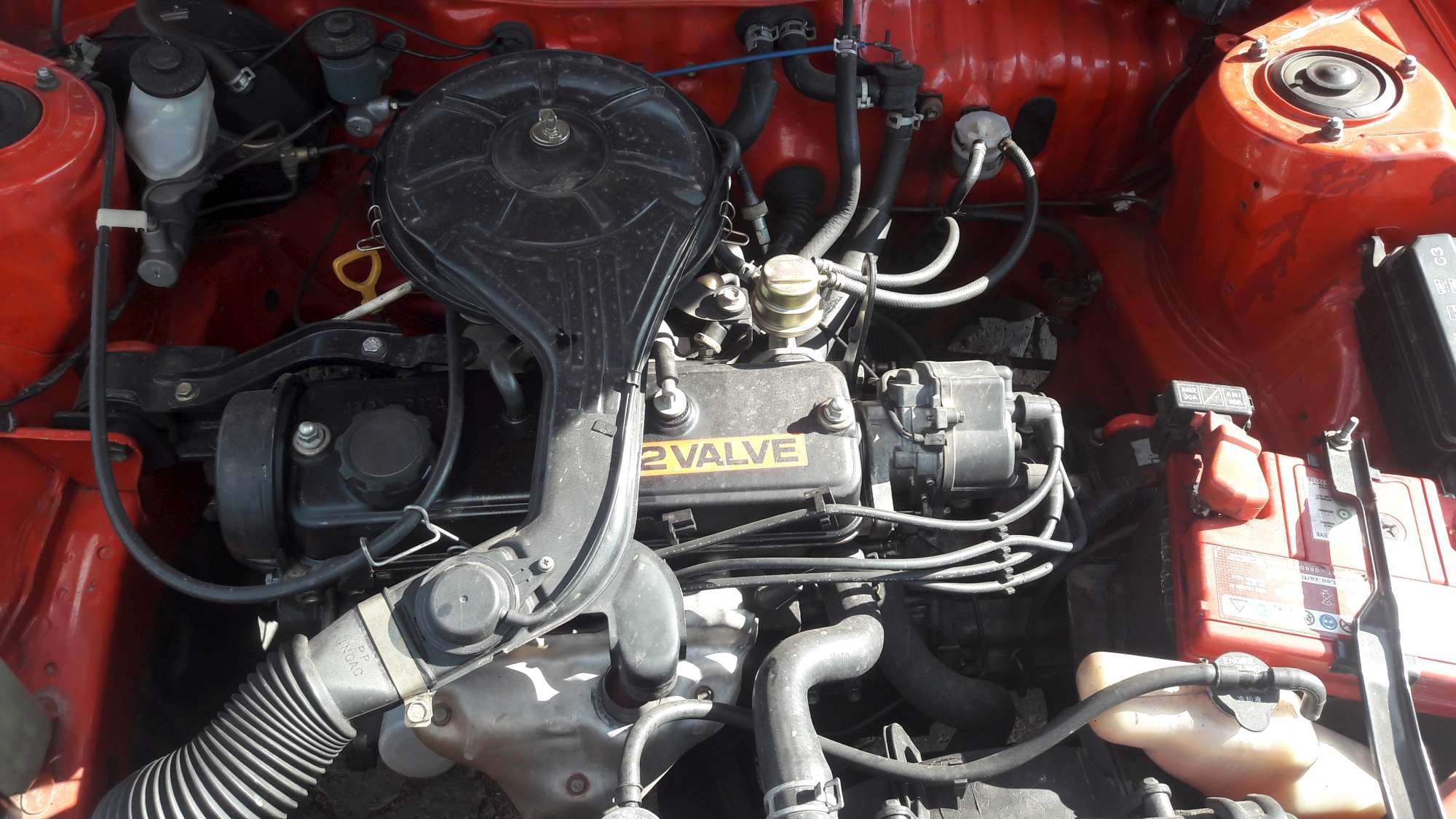Discover Reliable Toyota Tazz Engine for Sale: Auto Parts Depot
Discover Reliable Toyota Tazz Engine for Sale: Auto Parts Depot
Blog Article
Smart Customer's Checklist: Trick Includes to Examine in Engines Prior To Buying
When thinking about acquiring an engine, there are several vital functions that a discerning customer ought to assess to ensure they are making a knowledgeable decision. From the kind of engine to its efficiency metrics, fuel longevity, performance, and maintenance expenses, each facet plays a crucial duty in identifying the engine's suitability for the designated purpose. By very carefully taking a look at these factors, customers can buy that not only fulfills their current requirements but additionally verifies to be a wise lasting investment.
Engine Type Examination

When assessing engine types for a purchase, it is critical to take into consideration the particular demands of the intended application. Various engines are made with differing abilities and functions to suit a variety of requirements. Comprehending the primary purpose for which the engine will certainly be used is important in making an informed decision.
For applications calling for high power result, such as heavy-duty industrial machinery or big lorries, diesel motor are often preferred as a result of their effectiveness and torque capacities. On the various other hand, gas engines are generally chosen for smaller tools, cars, and power devices where lighter weight and higher RPM efficiency are beneficial.
Furthermore, the atmosphere in which the engine will run have to be considered (Toyota Tazz Engine For Sale). Variables such as elevation, air, and temperature level quality can affect the engine's efficiency and long life. Choosing an engine type that appropriates for the certain operating conditions will certainly aid make certain ideal efficiency and sturdiness
Performance Metrics Assessment

Gas Performance Exam
Assessing fuel effectiveness is a pivotal variable in figuring out the functional cost-effectiveness and ecological impact of an engine. Fuel effectiveness refers to the amount of energy an engine can draw out from a particular quantity of fuel. It directly influences the general operating costs of the engine, making it an important consideration for buyers looking to enhance their long-term expenses.
When evaluating gas performance, it is necessary to think about metrics such as miles per gallon (MPG) or liters per 100 kilometers (L/100km) relying on the area. These metrics supply a clear indication of how far a car can travel on a device of gas, permitting buyers to approximate fuel costs accurately. In addition, modern technologies like hybrid systems, turbocharging, and direct gas shot can substantially impact fuel efficiency by boosting combustion effectiveness and reducing energy losses.

Toughness and Dependability Examine
Thinking about the considerable effect of fuel effectiveness on functional expenses and ecological sustainability, the next important element to review in engine acquisition is the sturdiness and dependability of the engine. Toughness refers to the engine's ability to withstand wear, corrosion, and anxiety over a prolonged period, making certain a longer life expectancy. Integrity, on the other hand, relates to the engine's consistency in efficiency under different conditions without unanticipated break downs or failings.
To evaluate the sturdiness and integrity of an engine, several aspects require factor to consider. Examining the engine's construction materials and style can supply insight into its effectiveness and resistance to put on. Additionally, assessing historic data on the engine model's efficiency, maintenance needs, and usual concerns reported by customers can assist evaluate its integrity.
Furthermore, qualifications from trusted companies, guarantee offerings, a knockout post and maker reputation for generating trustworthy engines are important indications of toughness and dependability. Performing comprehensive study, seeking referrals, and evaluating upkeep records can assist in making an educated choice on purchasing an engine understood for its durability and dependable efficiency.
Expense and Maintenance Factors To Consider
When contemplating engine acquisition decisions, a crucial aspect to explore is navigate here the economic ramifications paired with maintenance considerations. The cost of an engine extends beyond the first purchase price. It is critical to analyze variables such as fuel performance, ongoing maintenance expenses, and the schedule of extra components. Selecting a fuel-efficient engine may result in long-lasting price financial savings despite a possibly higher upfront price. Additionally, assessing the maintenance demands of various engine models is crucial. Some engines might require frequent maintenance or specialized care, bring about boosted maintenance expenses gradually. Taking into consideration the schedule and cost of extra parts is also critical. Engines with readily available and reasonably priced extra components can dramatically minimize upkeep prices and downtime. Prioritizing cost-effectiveness and ease of maintenance can cause a more sustainable and economical engine financial investment in the future.
Conclusion
To conclude, it is essential for buyers to extensively assess vital features in engines before making an acquisition. By considering the engine type, performance metrics, gas effectiveness, toughness, cost, upkeep, and dependability requirements, buyers can make an educated choice that satisfies their needs and assumptions. This thorough examination process ensures that customers select an engine that will certainly provide optimal performance and longevity for their meant use.
From the type of engine to its performance metrics, gas resilience, upkeep, and effectiveness costs, each element plays an essential role in establishing the engine's suitability for the intended purpose. Fuel efficiency is an essential efficiency metric, highlighting exactly how effectively the engine converts gas into usable power - Toyota Tazz Engine For like this Sale. Gas efficiency refers to the quantity of power an engine can remove from a specific quantity of fuel.Taking into consideration the significant impact of fuel efficiency on operational costs and ecological sustainability, the following important facet to assess in engine purchase is the durability and integrity of the engine. By taking into consideration the engine type, efficiency metrics, gas efficiency, longevity, integrity, expense, and upkeep demands, customers can make an educated choice that satisfies their demands and expectations
Report this page